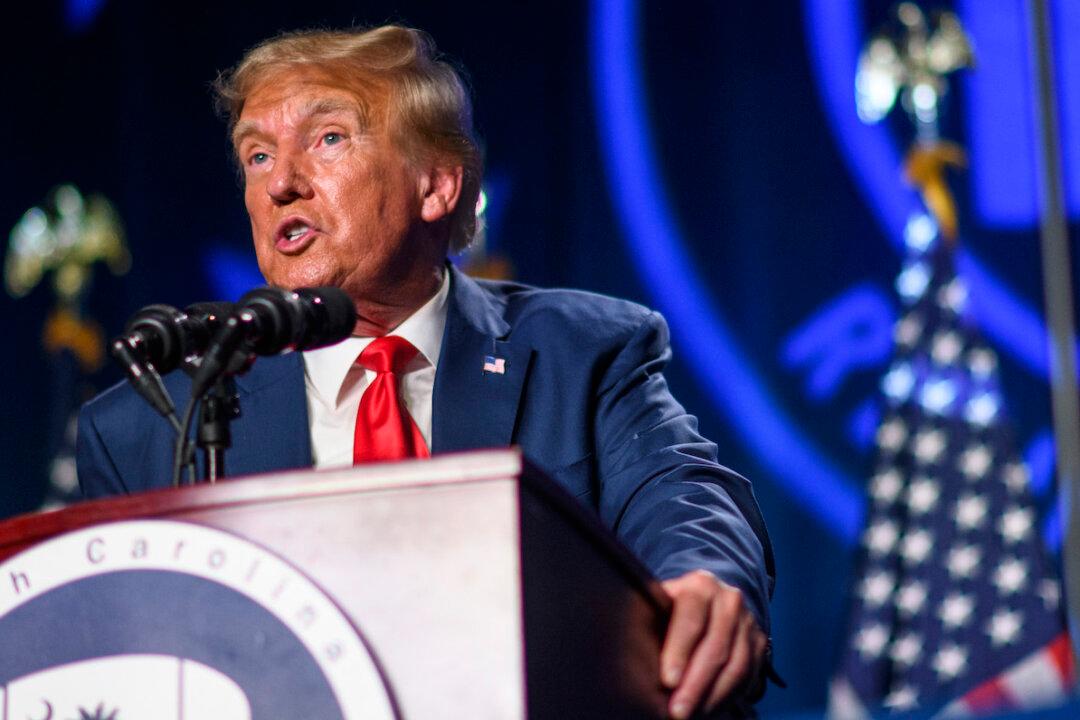U.S. District Judge Tanya Chutkan appears to have hinted at her attitude toward the defense of former President Donald Trump in the case involving Mr. Trump’s efforts to reverse the outcome of the 2020 election.
On Aug. 5, the judge denied Mr. Trump’s team more time to respond to a gag order that the prosecutors have asked for. Some commentators have interpreted the order as Judge Chutkan’s signaling that she won’t put up with delay tactics on Mr. Trump’s part.





